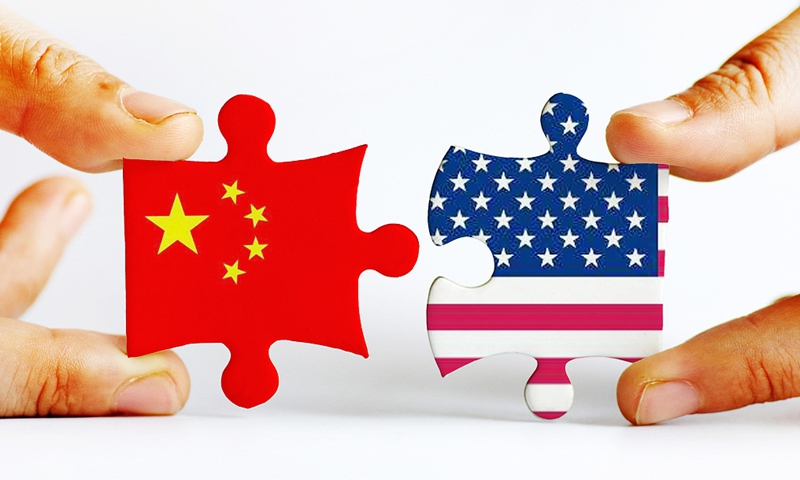Chinese stocks defy Western doomsayers to extend rally on Thursday

Chinese stocks soared on Thursday on the back of a series of newly-announced supportive macro policies, with the Shanghai Composite Index growing up 3.03 percent to climb above the 2,900-point mark.
Analysts express confidence over the performance of both Chinese economy and its stock market in the long term, which will continue to defy doomsayers and inject certainty to the global economy in 2024.
On Thursday, the Shenzhen Component Index inched up 2 percent to 8,856.22, and the tech-heavy ChiNext index was up by 1.45 percent to 1,720.78.
Net purchases through northbound trading, or money invested from Hong Kong into the Chinese mainland market, reached 6.29 billion yuan ($888 million), public data showed.
More than 4,800 stocks reported growth, with nearly 100 shares rising by their daily ceiling. Shares related to State-owned enterprises, finance and real estate led the rally.
Late on Wednesday, the People's Bank of China (PBC) and the National Financial Regulatory Administration said they will allow developers to use bank loans pledged against commercial properties such as offices and shopping malls to repay loans and bonds, in the latest move to expand funding support for the real estate sector.
Pan Gongsheng, governor of the PBC, said at a press conference on Wednesday that China will cut the reserve requirement ratio (RRR) by 50 basis points from February 5, which is expected to inject 1 trillion yuan in long-term liquidity to bolster the economy.
"We have plenty of room for monetary policy maneuvers. We will strike a balance between short-term and long-term, stabilizing growth and preventing risks, internal and external equilibriums, while strengthening countercyclical and cross-cycle policy adjustments to build a sound monetary and financial environment for economic growth," Pan said.
Following a number of policies to boost market confidence, more than 40 Chinese listed companies unveiled share buyback and purchase plans on Thursday, domestic media outlet Yicai.com reported.
Among the companies that disclosed share purchase plans, 11 companies plan to conduct stock buybacks worth tens of millions yuan. Sichuan Hebang Biotechnology Co plans to buy back shares worth 400 million yuan, according to the report.
